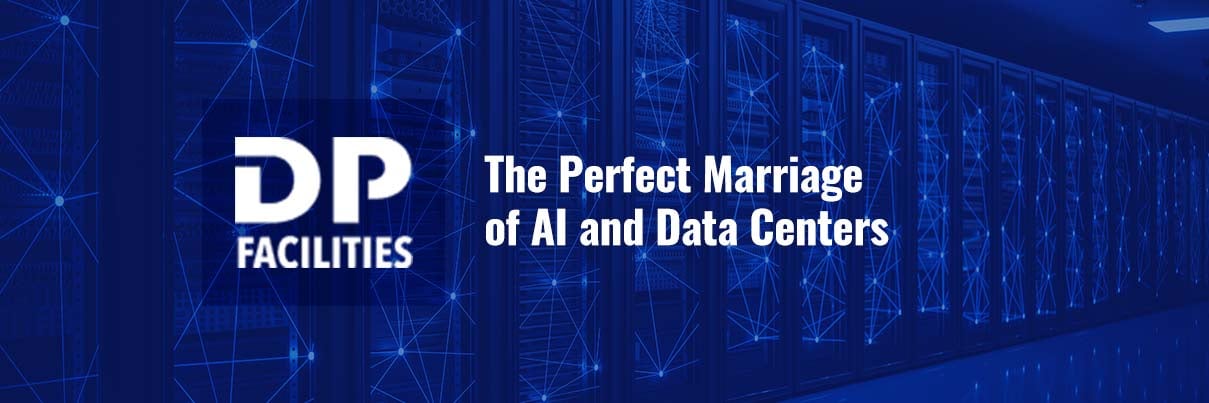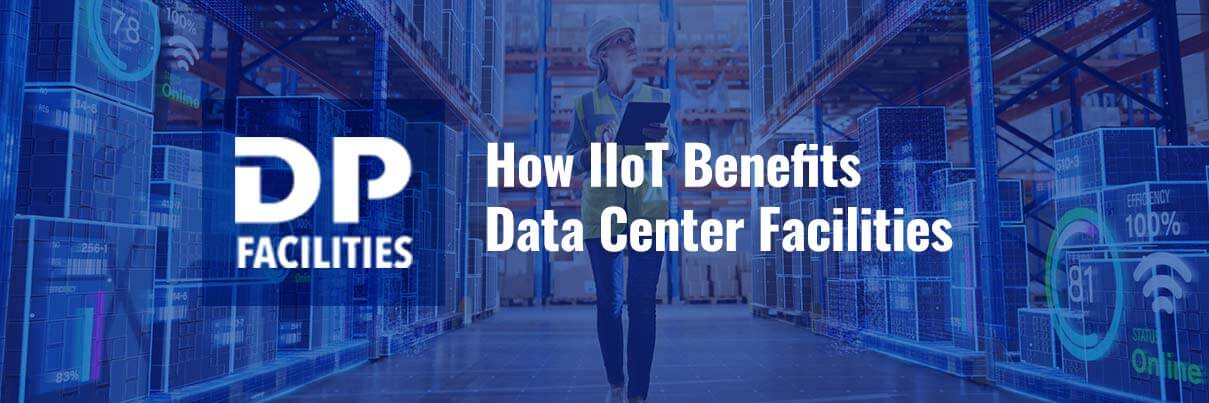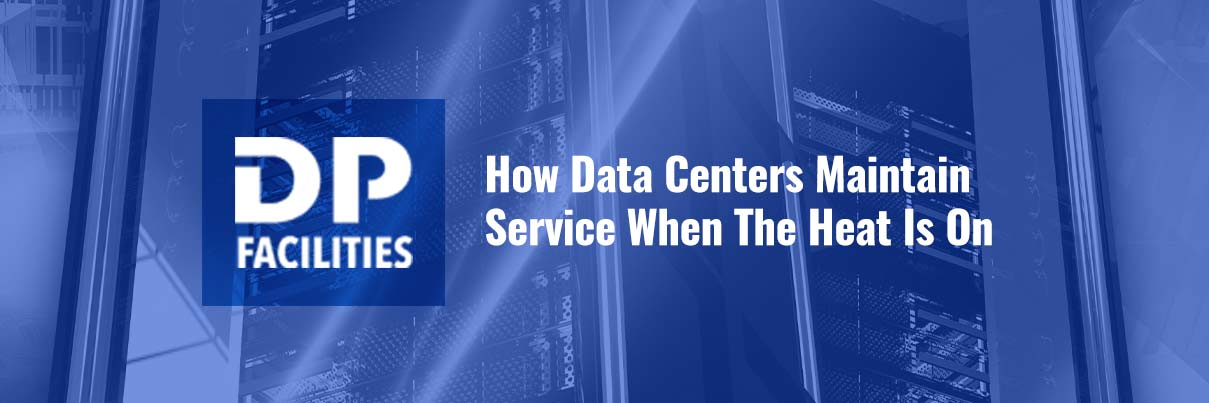
AI technologies have the potential to revolutionize data centers, driving automation, efficiency, predictive maintenance, resource optimization, intelligent data management, enhanced security, and facilitating the adoption of edge computing. By harnessing the power of AI, data centers can operate more intelligently, efficiently, and securely in the era of big data and complex computing requirements.
Here are some ways AI is expected to revolutionize data centers:
Automation and Efficiency
AI technologies can automate numerous tasks within data centers, streamlining operations and improving efficiency. AI-powered systems can optimize energy usage, cooling, and overall resource allocation, leading to reduced costs and increased performance. Intelligent automation can also enhance the management of server provisioning, maintenance, and troubleshooting processes. In short, this improved efficiency translates into faster response times, reduced downtime, and increased availability of services for customers.
Predictive Maintenance
AI enables data centers to adopt predictive maintenance practices. By analyzing vast amounts of data from sensors and equipment, AI algorithms can detect patterns and anomalies, allowing for the prediction of potential equipment failures or performance degradation. This proactive approach optimizes maintenance schedules and improves overall reliability. As a result, customers experience minimized downtime, ensuring continuous availability of services without interruptions.
Resource Optimization
AI can optimize resource allocation within data centers. By continuously monitoring workloads, traffic patterns, and user behavior, AI algorithms can intelligently allocate computing resources, storage capacity, and network bandwidth in real-time. This dynamic resource allocation ensures efficient utilization of available resources, enabling data centers to handle fluctuating demands and optimize performance.
Predictive maintenance also helps data centers reduce costs associated with reactive repairs and unplanned downtime. By identifying potential issues in advance, data centers can plan and allocate resources more efficiently, optimizing maintenance efforts and reducing the need for costly emergency repairs. This cost savings can be passed on to customers, contributing to more competitive pricing and improved value for their investment.
Intelligent Data Management
Data centers deal with vast amounts of data, and AI can assist in managing and analyzing this data more effectively. AI algorithms can categorize and tag data, making it easier to search, retrieve, and analyze. Intelligent data management systems can compress, deduplicate, and archive data efficiently, optimizing storage space and reducing costs for customers. Additionally, AI-powered analytics can uncover valuable insights and patterns within the data, enabling data center operators to make data-driven decisions and optimize operations. Customers can leverage these insights to make informed business decisions, identify opportunities, and gain a competitive edge in their respective industries.
Enhanced Security
AI has the potential to strengthen data center security measures. AI algorithms can continuously monitor network traffic, identify potential security threats, and respond in real-time. Traditional security systems often generate numerous false positives, overwhelming security teams and leading to alert fatigue. AI-based security solutions have the potential to reduce false positives by applying advanced analytics and machine learning algorithms that can learn from historical data to detect anomalies and patterns associated with cyberattacks, refining threat detection accuracy. By minimizing false positives, customers can focus their resources on investigating genuine threats and responding to them promptly. Machine learning models
Edge Computing and AI
The rise of edge computing, where processing and data storage occur closer to the source of data generation, is being facilitated by AI. AI algorithms deployed at the edge can process data locally, reducing latency and bandwidth requirements. This allows for real-time decision-making, enhanced responsiveness, and improved performance in various customer applications. Customers can have greater confidence that their sensitive data remains secure and protected. In addition, AI edge computing brings the processing power and intelligence closer to the data center's edge, minimizing the latency associated with transmitting data to remote cloud servers. This reduced latency enables faster response times, ensuring near real-time insights and actions. Customers can experience quicker interactions with AI-powered applications and services, leading to improved user experiences and increased productivity.
Scalability and Flexibility
AI can enable data centers to scale and adapt more efficiently. AI algorithms can analyze historical data and predict future workload demands, allowing data centers to dynamically allocate resources based on changing needs. This flexibility ensures optimal resource utilization while maintaining performance and responsiveness. In short, this scalability and flexibility ensure that customers can deploy AI-powered solutions seamlessly and adjust them to meet their evolving business requirements.
In the end, customers benefit from AI technologies in data centers through improved efficiency, cost reduction, enhanced performance, reliable service delivery, faster issue resolution, and the ability to scale and adapt to changing needs. AI-powered automation and optimization not only enhance the operations of data centers but also translate into tangible benefits for customers, ensuring better service quality and a more satisfying experience.


